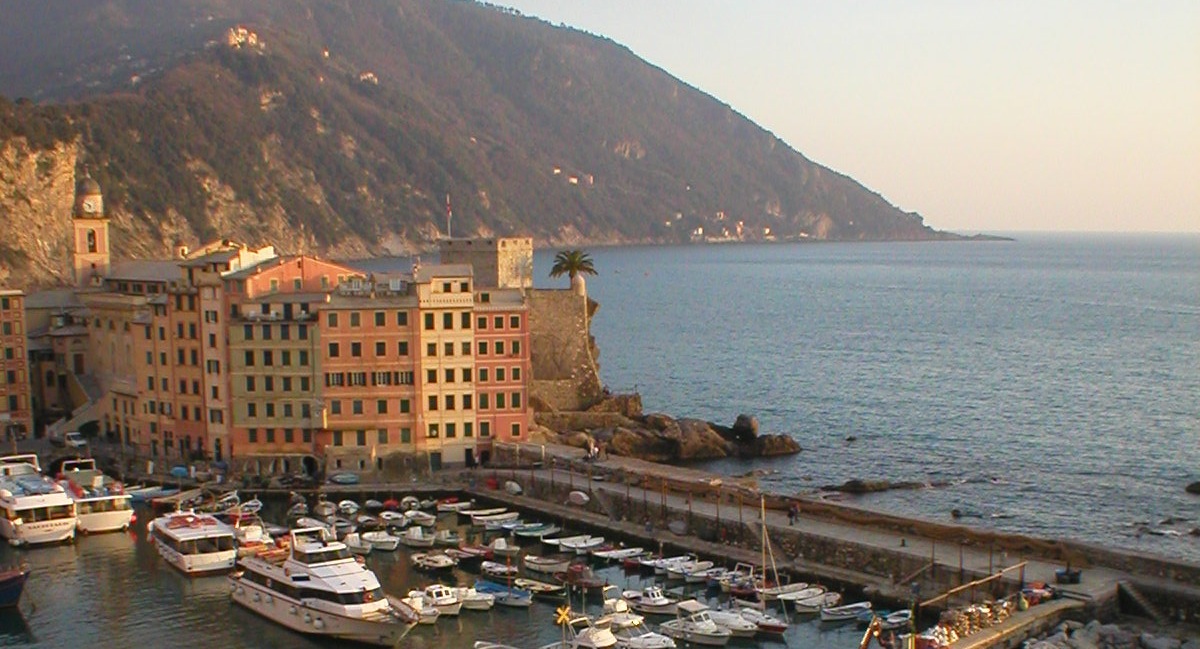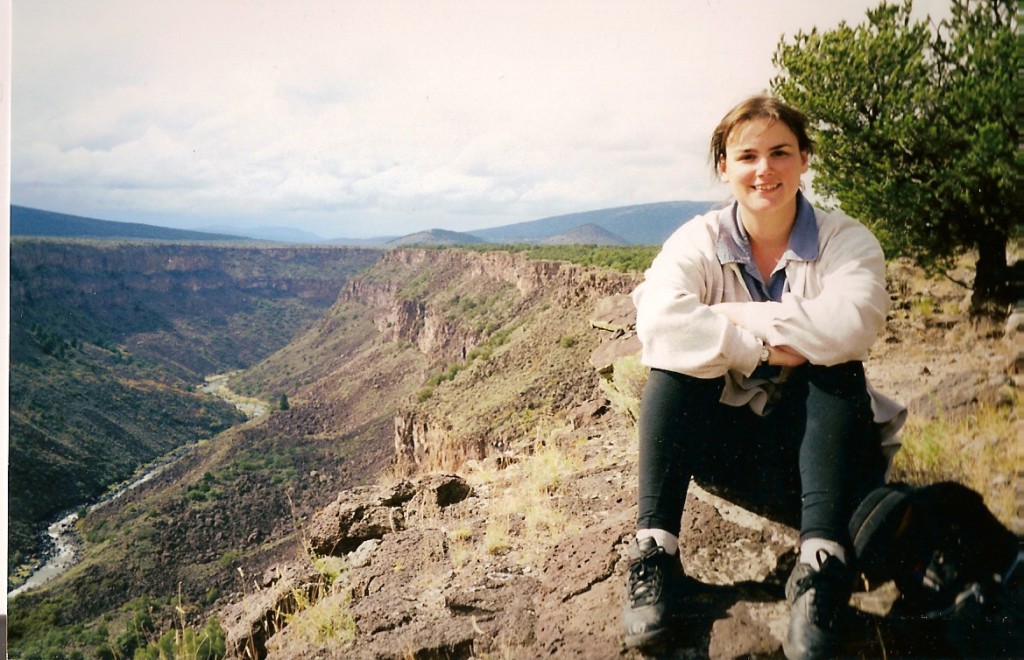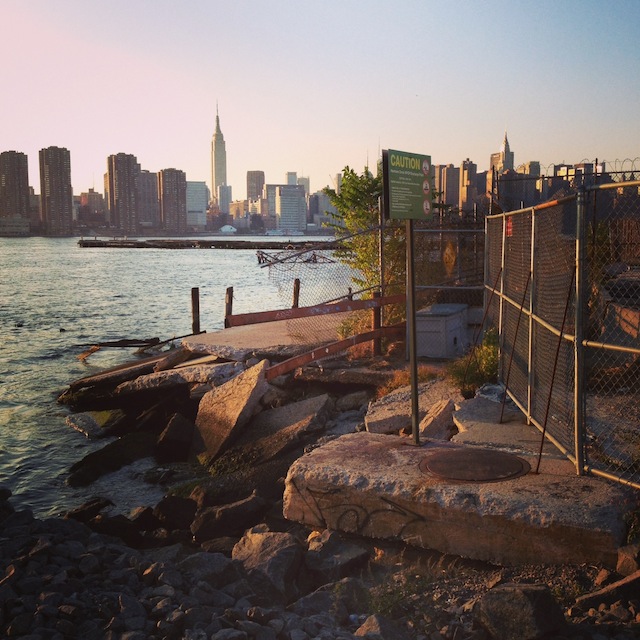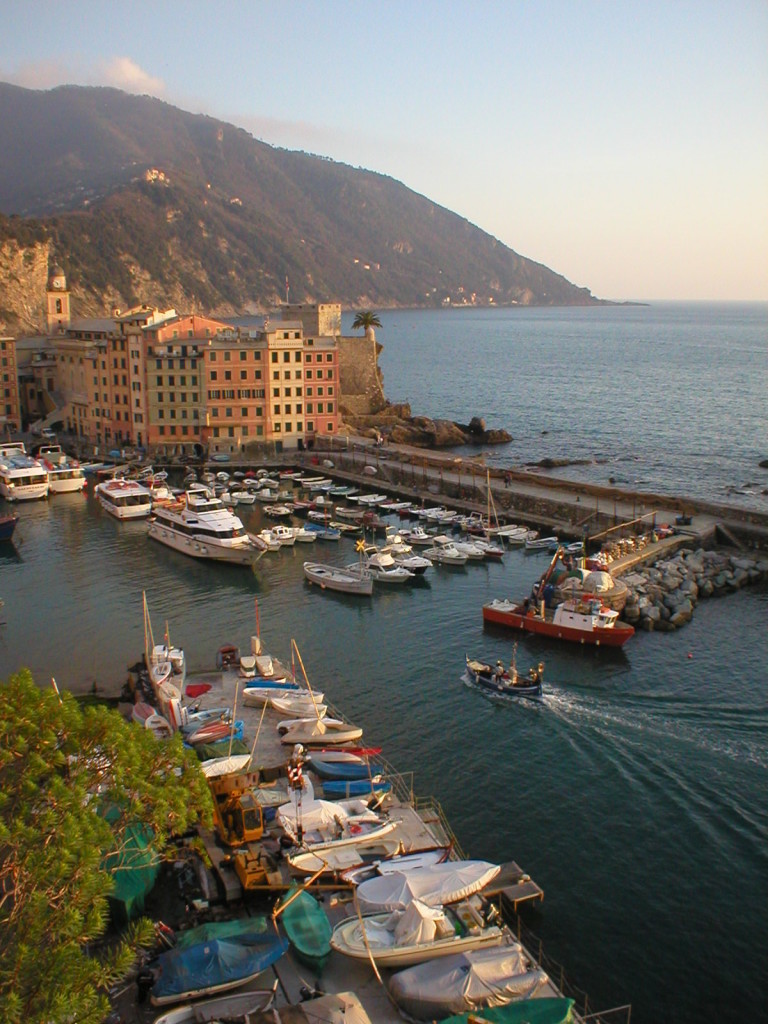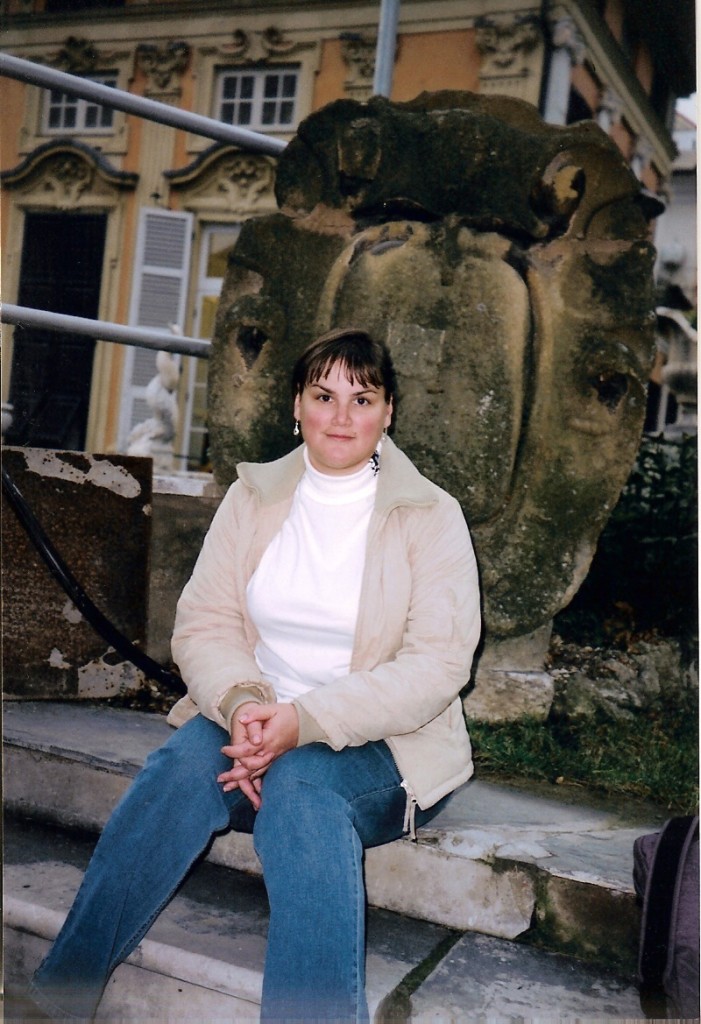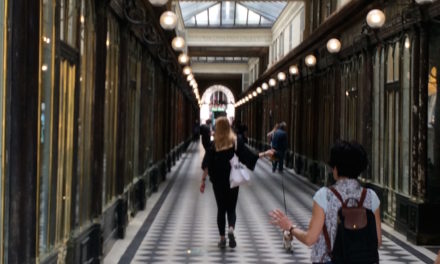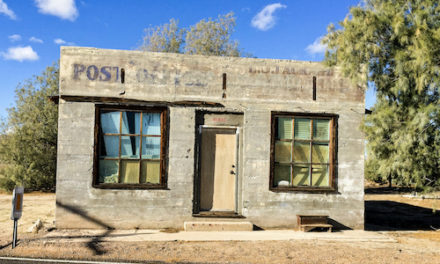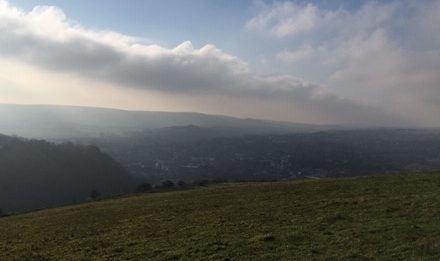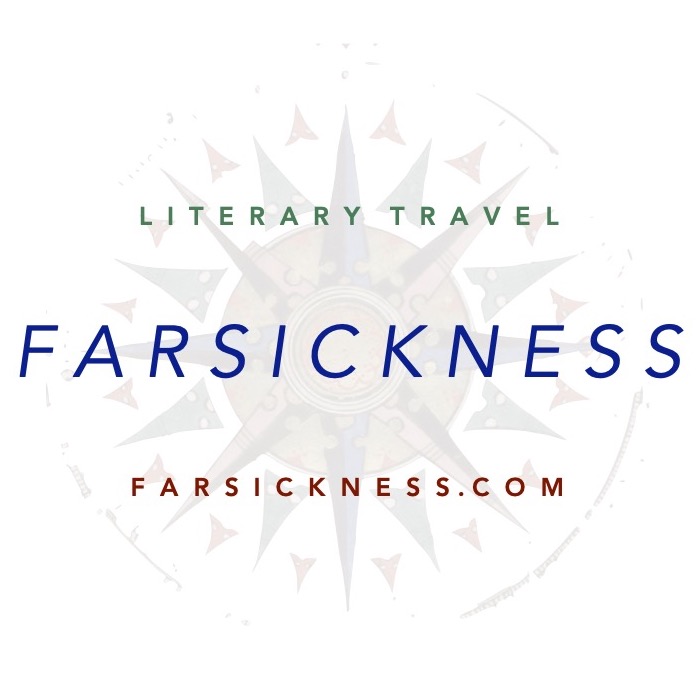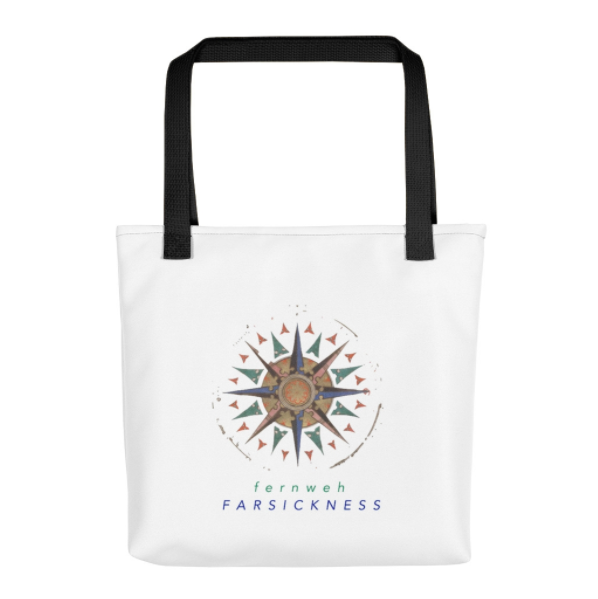Four Questions on Farsickness is an interview series with creative writers for whom place is essential to their work. Each writer answers the same four questions—and this debut interview of the series features award-winning short story author, Valerie Fioravanti:
1. Share a little about where you’re from. When you were growing up, what place—real or imagined—most fascinated you, and why?
I grew up in New York City along the Brooklyn/Queens border, shuttling between two neighborhoods on opposite sides of the divide that looked and felt utterly different despite being five miles apart and full of families with roots in each place. This was Ed Koch’s New York, not Rudy Giuliani’s. Greenpoint faced the brunt of economic change head on, as the factories along the East River closed and work disappeared. From the rooftop of the tenement my family shared, there was a front row seat to the Macy’s fireworks spectacular every Independence Day, when the ash rained upon us, warm as a kiss. The rest of the year we watched the abandoned pier fall chunk-by-chunk into the river. This is the world of my first collection, Garbage Night at the Opera, winner of the Chandra Prize for Short Fiction, published by BkMk Press.
In Bridge & Tunnel, my recently completed collection, I turn my attention to Liberty Park. This micro-neighborhood faces Brooklyn, but is cut off from the rest of Queens by a huge swath of cemeteries. It’s mostly made up of row houses which either front, skirt, or squat behind black-spiked fences and gravestones. It’s the neighborhood native cabbies can’t find, and so it feels removed from the problems of wealth disparity and the slow creep of gentrification, when it isn’t. If inertia can have a NYC epicenter, it resides here.
As a child, I suffered from anywhere but here syndrome, even though I was raised among people who thought a crosstown bus could take you too far away from home. I couldn’t wait to grow up and leave. I spent most of my twenties traveling as far and as often as I could, calling it research. In my thirties I relocated farther and farther West, from New Mexico to Arizona to California, where I’ve—more so than at any other time in my adult life—settled. When I finally began to write seriously, imagine my surprise when I sat down and wrote one book, and then a second, about the very places I couldn’t wait to leave. All that farsickness brought me home.
2. What travel has been a particular inspiration to your work?
Oh, I’m a sponge. I’ve published fiction with Mexico, Switzerland, Croatia, and Turkey as locales. I’m working on a novel set in Italy which explores cultural divides: Italian-American vs. Italian and Northern vs. Southern Italian. Sometimes you love a place, but you can’t find the right angle to explore. New Mexico is dear to my heart, but I never wrote about it. I just finished my first story set entirely in Sacramento, a place which managed to sneak up and become my home.
3. Where do you “escape to” to recharge creativity?
I don’t need to escape in order to write. I can write anywhere, tune out any distraction, thanks to my NYC upbringing. My farsickness, however, can get the best of me. I spent three months in Italy last year, one month at an artist’s residency in Sabina, about an hour from Rome, and the rest mostly exploring Puglia, which is an important setting in my book. This trip was sudden and almost absurdly badly timed, but it flipped the reset switch on my psyche. It was research, absolutely, but that wasn’t what made the trip a necessity.
4. Where would you most like to travel to next?
I had a relationship end when my partner backed out of a U.S. relocation. At first, I refused to return to Italy, but then I wavered. We were good together. “I’m writing a book set in Italy,” I said. “Yes,” he replied. “But you’re going to finish your book and write a book about somewhere else.” I felt completely understood, yet his tone was so mournful. I had farsickness. He did not. Right now, my travel dollars need to fuel my writing projects, so more Italy until the book is finished and fact-checked. I traveled through the former Yugoslavia right after the war ended, and I would like to do a now vs. then piece of some sort. Really, almost any new destination appeals to me. South America, particularly Chile, Brazil, and Argentina, seems alluring.
Valerie Fioravanti is the author of Garbage Night at the Opera, winner of the 2011 Sharat Chandra Prize for Short Fiction from BkMk Press. Her short stories have appeared in North American Review, Cimarron Review, Hunger Mountain, Night Train, and others. Her second story collection, Bridge & Tunnel, focused on Brooklyn & Queens and the rub of gentrification, is currently being shopped. Valerie received a Fulbright Fellowship in Creative Writing to work on a novel set in Italy, Bel Casino, which continues the story of Franca and Lina from Garbage Night at the Opera. Valerie primarily works as a writing coach, providing feedback and mentoring to other writers. Find her online at www.valeriefioravanti.com and on Twitter: @valfiora.

